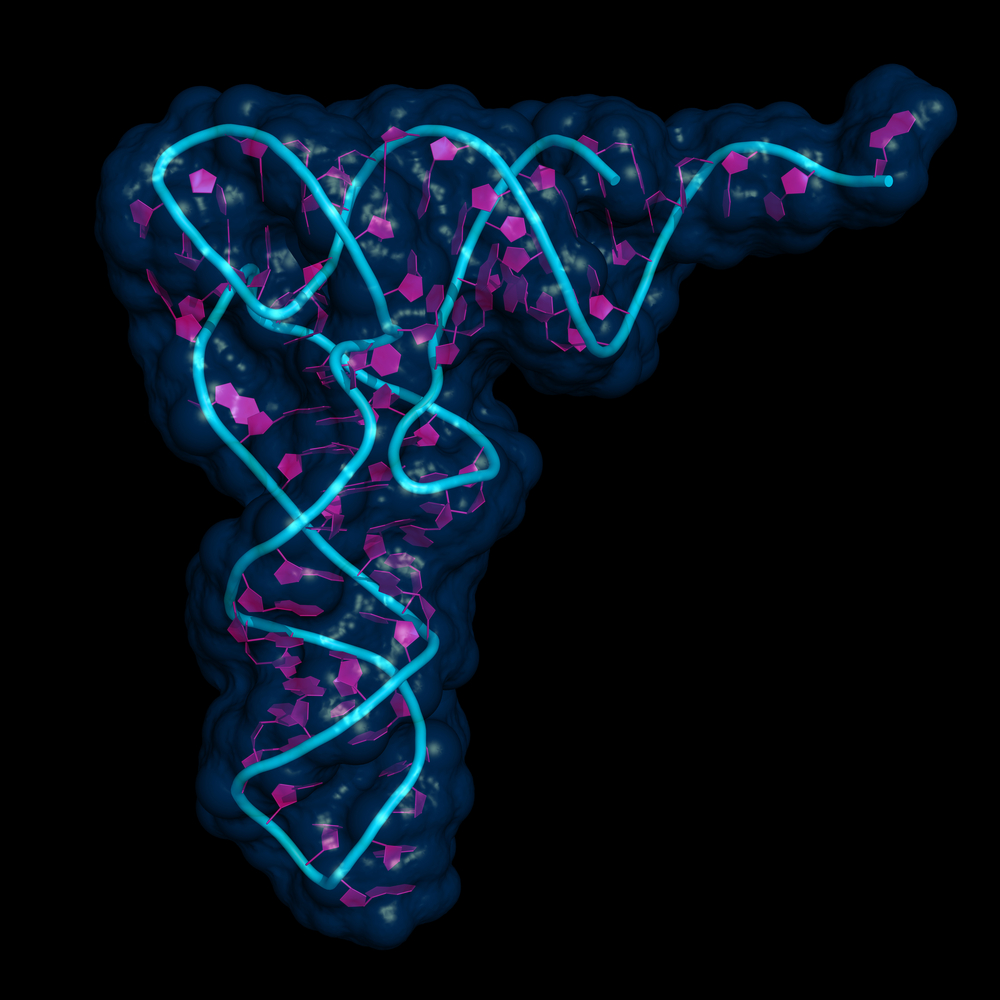Maternally Inherited Syndrome Traced to Mitochondrial Mutation and Its Impact

Researchers at the Zhejiang University, in China, have shown that mutations in a specific mitochondrial transfer RNA (tRNA), a type of RNA that helps decode a messenger RNA (mRNA) sequence into a protein, may lead to impaired mitochondrial protein synthesis, resulting in lower energy production and greater oxidative stress.
The study, “A deafness and diabetes associated tRNA mutation caused the deficient pseudouridinylation at position 55 in tRNAGlu and mitochondrial dysfunction,” published in The Journal of Biological Chemistry, may shed some light on the mechanisms that lead to maternally inherited diabetes and deafness (MIDD).
Several mitochondrial tRNA mutations have been associated with MIDD, but the mechanisms through which they cause the disease are not fully understood. In this study, researchers analyzed a large cohort of hearing-impaired subjects, and discovered a novel mutation in a mitochondrial tRNA gene that was associated with the disease.
The study enrolled 2,651 Han Chinese patients with hearing impairments, and identified a point mutation in the tRNA Glu that changed its conformation and function. This particular tRNA is responsible for recognizing a certain sequence in the mRNA that leads to the incorporation of glutamic acid (Glu) in the emerging proteins.
Researchers examined the role of this specific mutation in cell lines derived from the white blood cells of Chinese families with the mutation, and demonstrated that the mutation destabilized the tRNA Glu, leading to a 65% reduction in its levels. This, in turn, led to a marked impairment in mitochondrial translation (protein synthesis from a mRNA molecule) in the mutated cells, particularly in proteins with a high proportion of glutamic acid, such as MT-ND1, MT-ND6, and MT-CO2.
Since these proteins are part of the mitochondrial respiratory chain, the researchers found that the activities of complexes I and IV were particularly low. Consistently, their results showed that energy production was largely impaired in the mutant cells, while the production of toxic reactive oxygen species (ROS) was about 32% higher than in cells without the mutation.
“The occurrence of the m.14692A>G mutation in three genetically unrelated Chinese families affected by deafness and diabetes strongly indicate that this mutation is involved in the pathogenesis of these disorders,” Meng Wang and colleagues wrote in their study, adding that the mechanism through which this mutation causes the disease may be via impaired energy production and increased oxidative stress.






